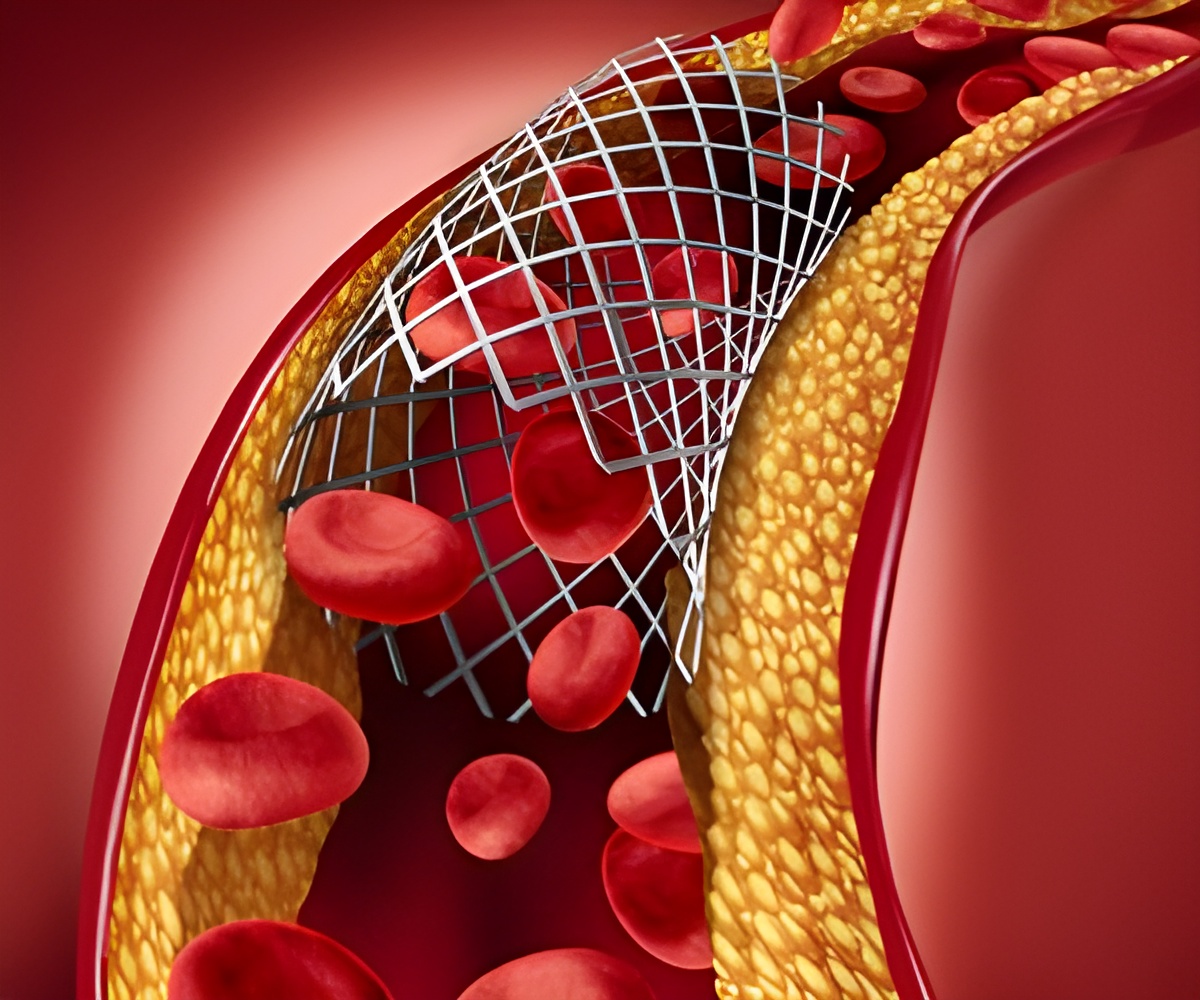The exact cause of inflammation and clotting in severe COVID-19 patients was identified in a new study.

‘Autoantibodies stress the endothelial cells that make up the inner lining of blood vessels and, cause the cells to lose their ability to prevent blood clots from forming.’
Read More..




They found higher-than-expected levels of antiphospholipid autoantibodies, which can trigger blood clots in the arteries and veins of patients with autoimmune disorders, including lupus and antiphospholipid syndrome. Read More..
Antibodies typically help the body neutralize infections. Autoantibodies are antibodies produced by the immune system that mistakenly target and sometimes damage the body’s systems and organs.
In a 2020 study, the research group found that autoantibodies from patients with active COVID-19 infections caused “a striking amount of clotting” in mice.
In the new study, they uncover the possible reason: the autoantibodies appear to stress the endothelial cells that make up the inner lining of blood vessels and, in doing so, cause the cells to lose their ability to prevent blood clots from forming. The results are published in Arthritis & Rheumatology.
“This provides an even stronger connection between autoantibody formation and clotting in COVID-19,” said Hui Shi, MD, PhD, lead author of the paper and rheumatology research fellow at Michigan Medicine.
Advertisement
The researchers found that the endothelial cell activation that promotes clotting was lost when they removed the antiphospholipid autoantibodies from COVID-19 blood samples.
“We must do more research to decide if it is beneficial to screen patients with severe COVID-19 for these autoantibodies to evaluate their risk of clotting and progressive respiratory failure,” Knight said.
“Eventually, we may be able to repurpose treatments used in traditional cases of antiphospholipid syndrome for COVID-19. This is a further step towards a full understanding of the interplay between coronavirus infection, the human immune system, and vascular health.”
Source-Medindia












